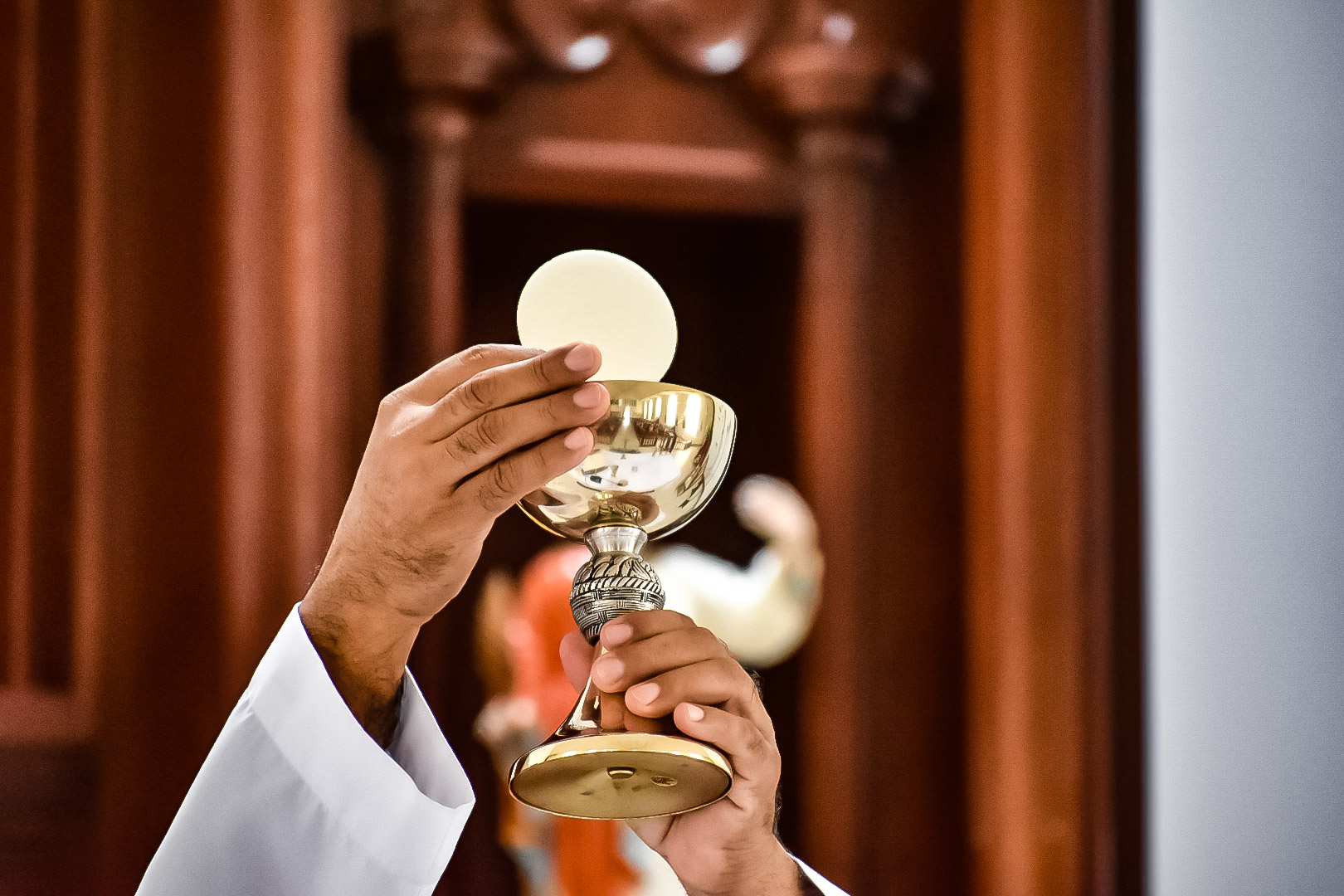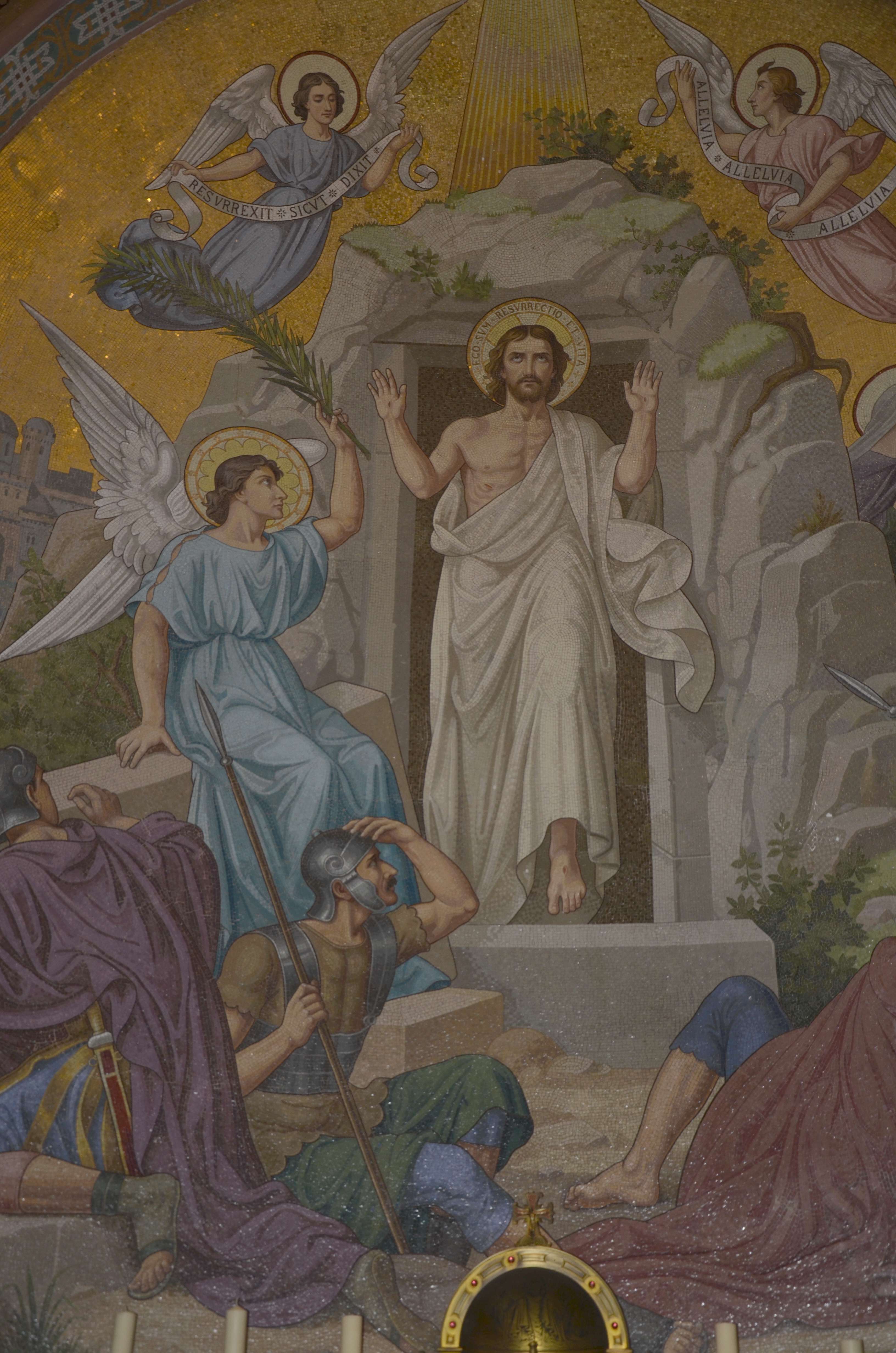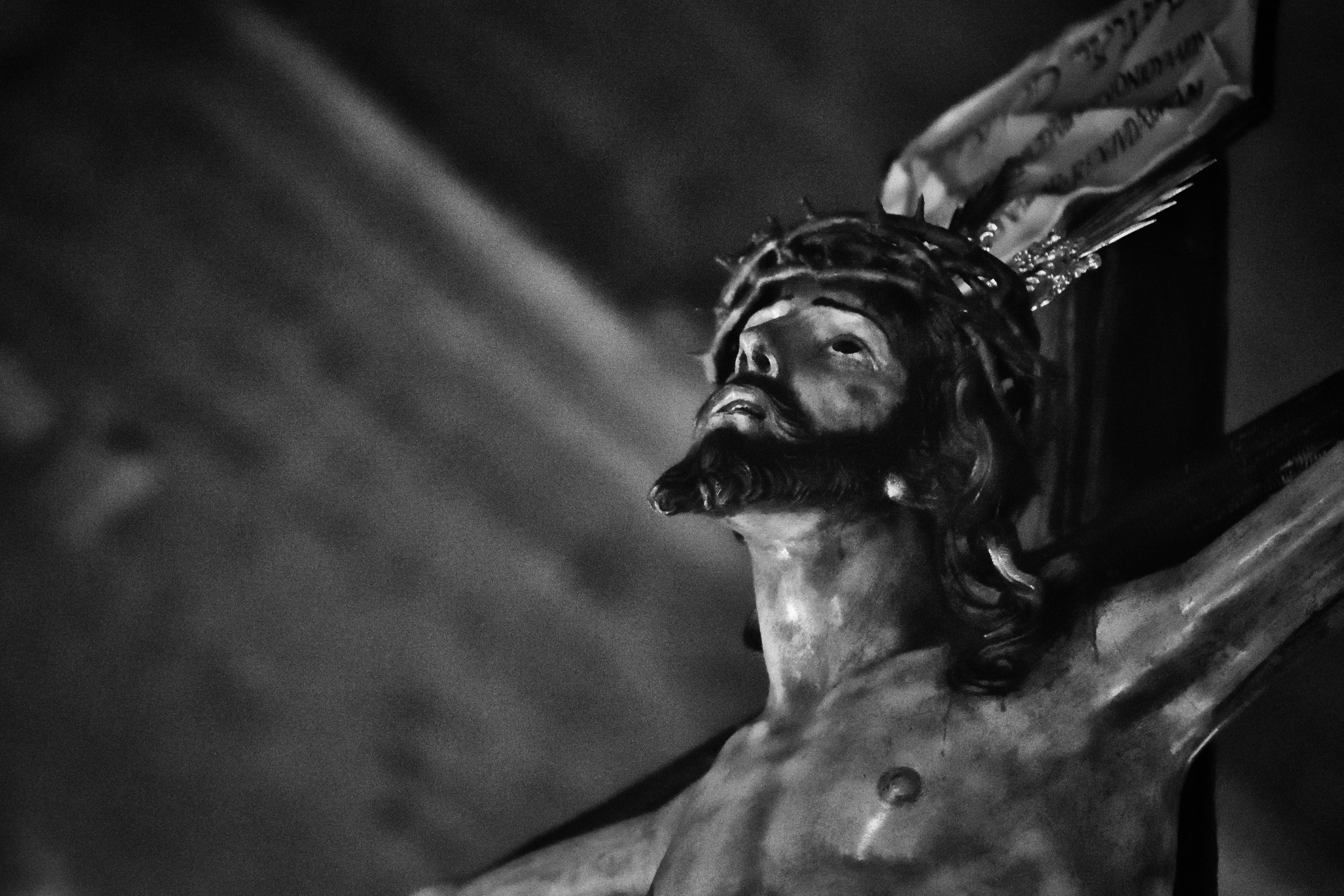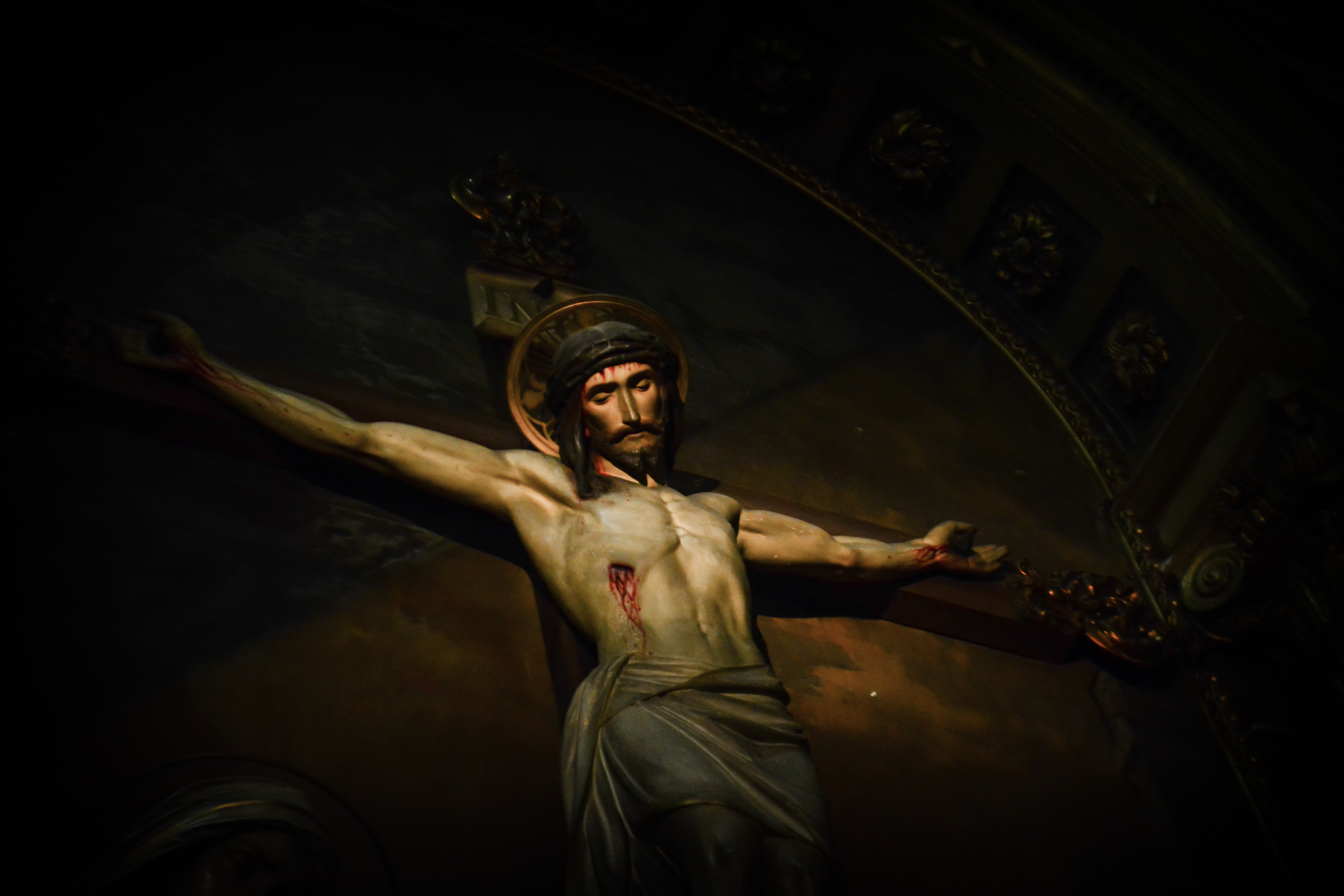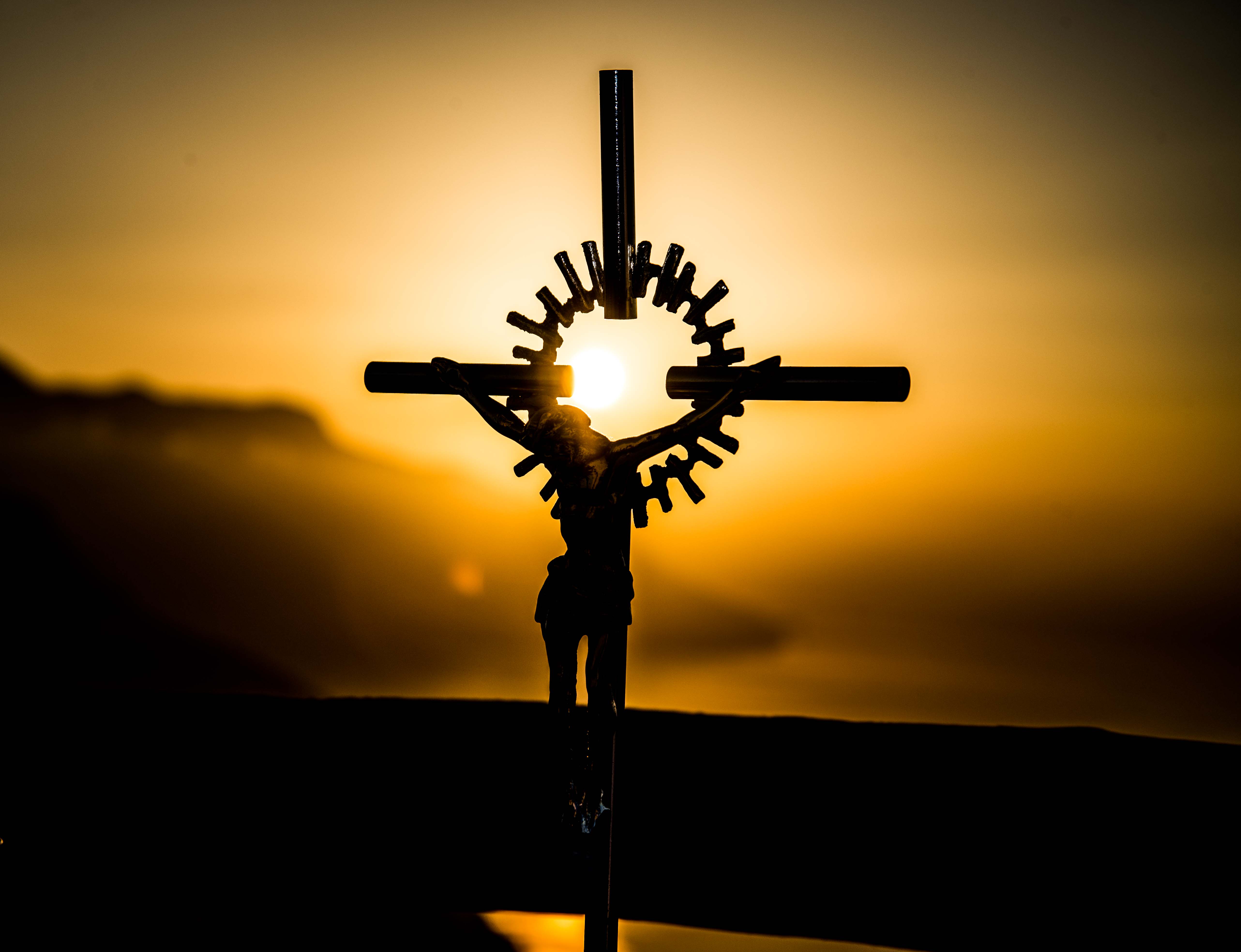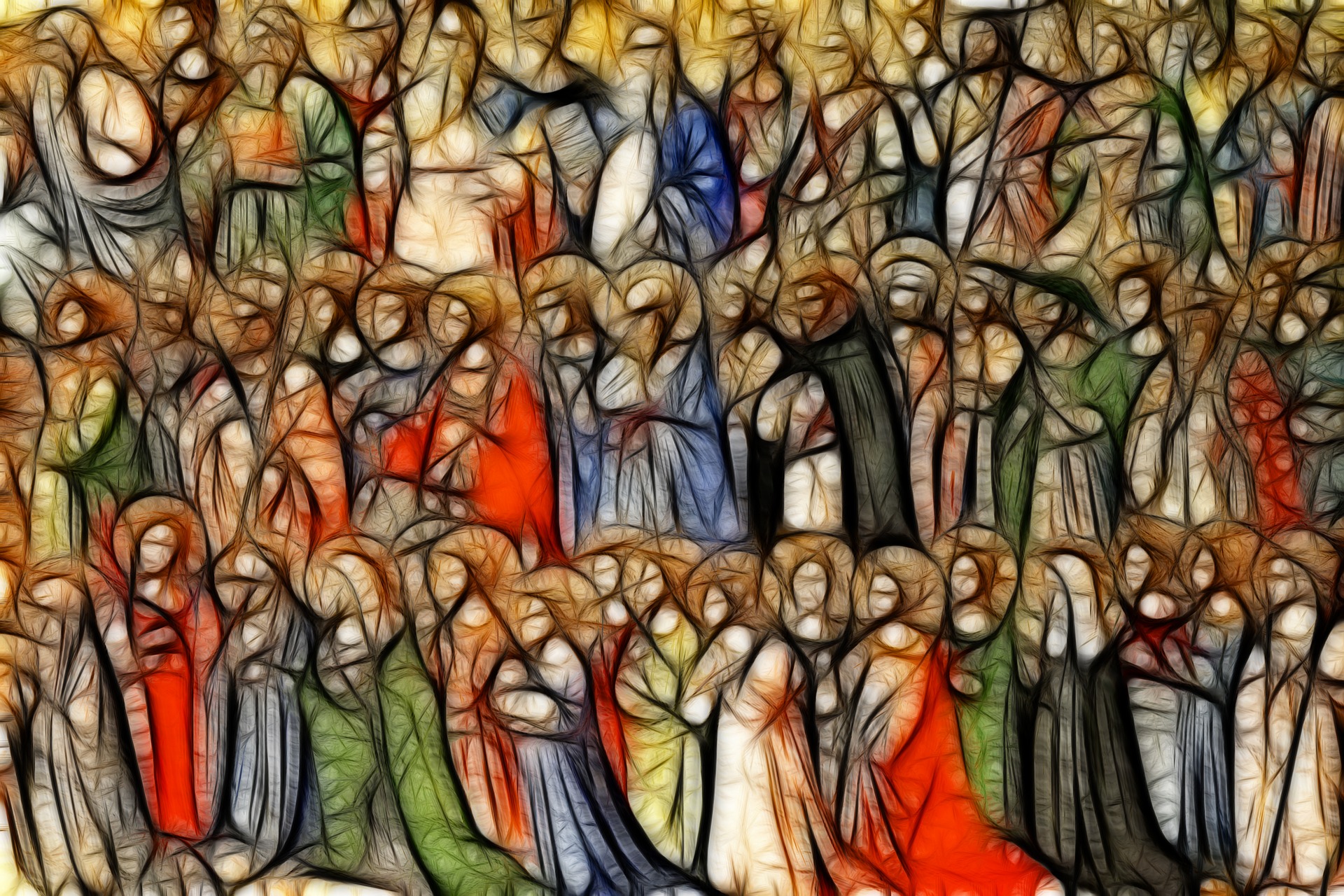Today we celebrate the Feast of the Visitation of the Blessed Virgin Mary. The Visitation refers to Mary going to visit her cousin, Elizabeth, while carrying in her heart the good news of the coming of the Messiah and in her womb the Messiah Himself.
There seems to me to be one word that links our reading from Zephaniah with the Gospel from Luke: joy. The words joy and rejoice are repeated throughout the two readings:
Shout for joy, O daughter Zion! Sing joyfully, O Israel!
He will rejoice over you with gladness…
He will sing joyfully because of you…
…the infant in my womb leaped for joy…
My spirit rejoices in God my Savior…
In the reading from Zephaniah, we hear of Israel’s hope in the Lord and of the love the Lord has for His people. Israel hopes in the Lord with great joy and it is that hope that allows them to be filled with joy. The hope they have and the joy they experience does not mean they will not suffer. As we know, the Israelites endure much suffering. That suffering, however, is marked by their perseverance and trust in the Lord. God made us so that we can participate in His own love so, when our hearts are joyful because of Him, He too is joyful because of us. He loves us and He rejoices in His sons and daughters.
Having joy in the Lord does not mean that everything will be easy or that we will not encounter hardships. It does mean that when life gets hard and when we are faced with difficulties, we have someone to turn to. God wants to be our refuge. In the midst of our suffering, He wants us to turn to Him with hearts that are joyful.
Mary is the perfect example of someone who experienced difficulty and, rather than relying solely on herself to get through it, she turned to God. Mary perfectly conformed her will to God’s despite what others might have thought and she is filled with peace and joy because of her conformity. Mary then goes and shares her joy with Elizabeth. When she visits Elizabeth, even the child in Elizabeth’s womb recognizes Mary’s hope and for that reason leaps with joy at the sound of her voice.
The joy that comes from hope in our Lord is meant to be shared with all people. May we, like Mary, carry our Savior with us and go out with joy to proclaim His presence.
 Dakota lives in Denver, CO with her husband, Ralph, and their two sons, Alfie & Theophilus. She is the Dean of Enrollment Management for Bishop Machebeuf High School where her husband also teaches. You can find Dakota at the zoo or a brewery with her family or with her nose in a book at home. For more of Dakota’s writing check out https://dakotaleonard16.blogspot.com/
Dakota lives in Denver, CO with her husband, Ralph, and their two sons, Alfie & Theophilus. She is the Dean of Enrollment Management for Bishop Machebeuf High School where her husband also teaches. You can find Dakota at the zoo or a brewery with her family or with her nose in a book at home. For more of Dakota’s writing check out https://dakotaleonard16.blogspot.com/
Feature Image Credit: Lilia Macías, https://www.cathopic.com/photo/6971-familia-creacion


